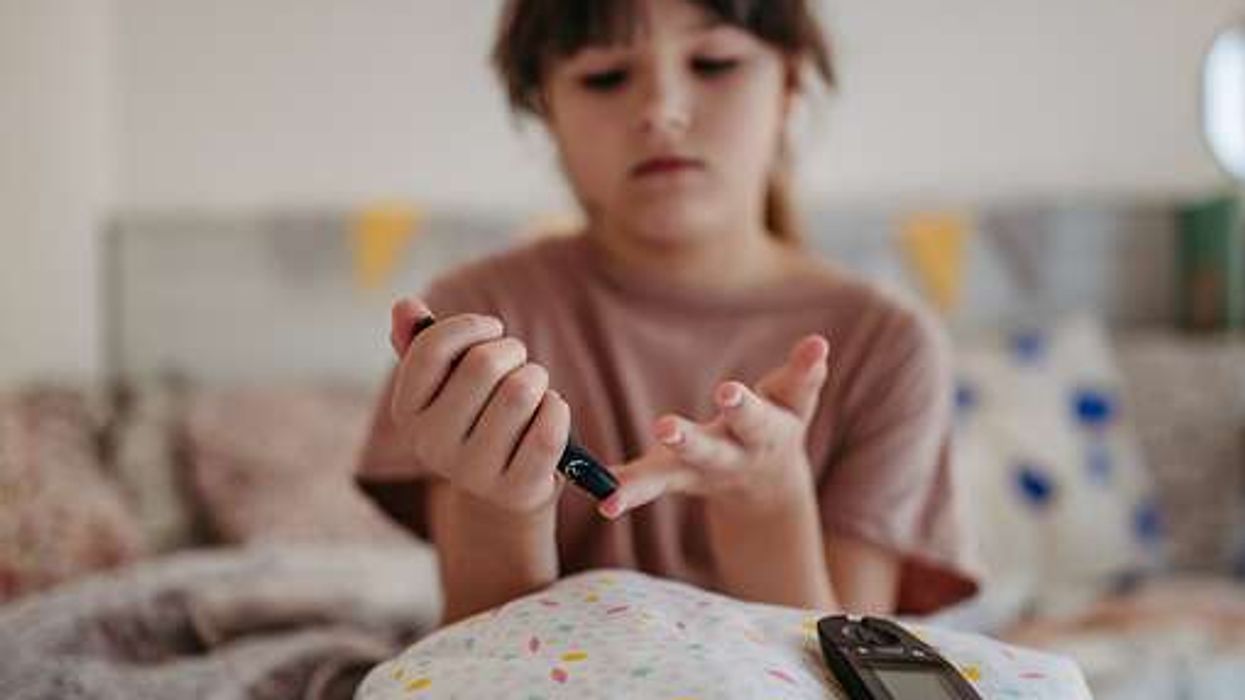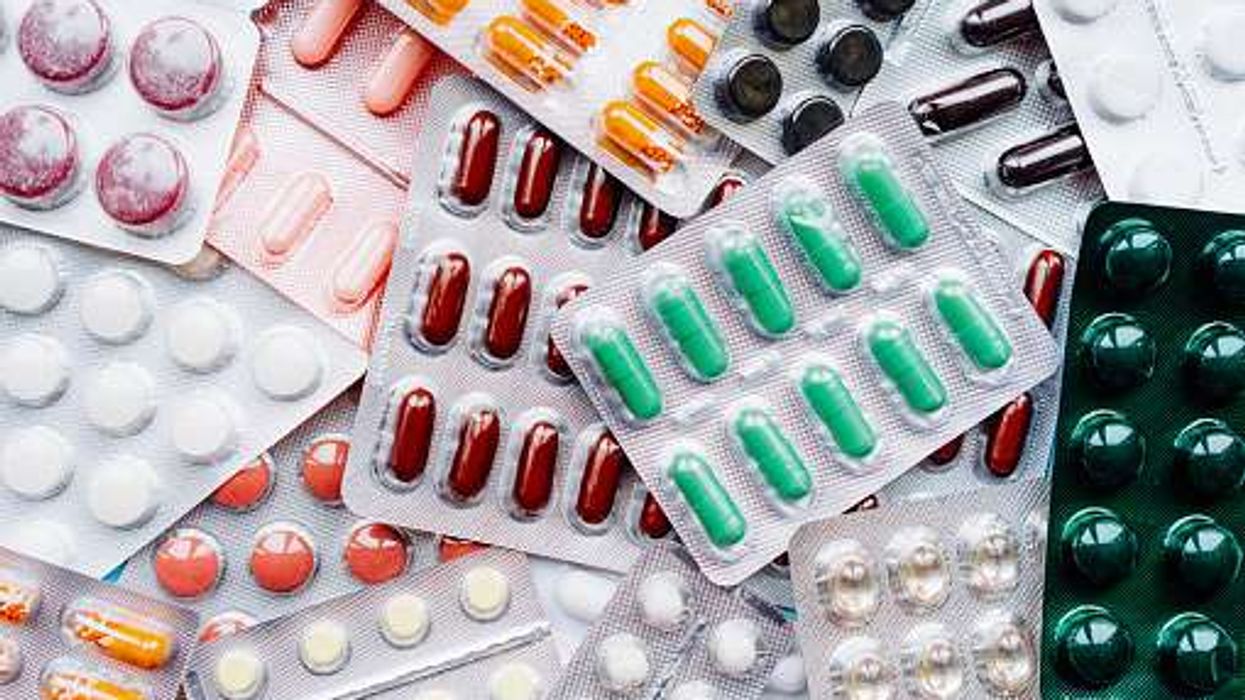The users of Dexcom G6 Sensor, a continuous glucose monitoring system, may experience adverse skin reactions to the sensor, the Medicines and Healthcare products Regulatory Authority (MHRA) has said.
Some users of the Dexcom G6 have experienced adverse skin reactions under the sensor including, redness, swelling and blistering.
The manufacturer, Dexcom, has issued a field safety notice on this identified problem and the use of barrier methods or patches is not recommended as it may affect the performance of the device, the health regulator said in its update to the patients and clinicians including community pharmacists.
“For certain users this is a skin hypersensitivity reaction rather than a simple irritation reaction. Hypersensitivity reactions, also known as allergic reactions, are abnormal reactions involving the immune system to an otherwise harmless chemical,” the MHRA said.
“This reaction may first appear sometime after the first time using the sensor. Once a person has become sensitised to the chemical in the adhesive, the skin will always react to it. Each time they apply the sensor, the reaction may become worse and appear more quickly.”
The use of barrier creams or patches to reduce skin reactions could affect the way the sensor works and therefore the use of barrier creams is not recommended.
The clinicians including community pharmacists have been suggested to identify the patients who have skin reactions, which may include erythema, itching and blistering.
The clinicians are also asked to check whether continued use of the device for patients with skin reactions is suitable. If it is not suitable, then it is suggested to consider the use of alternative glucose monitoring systems for these patients.
“Report skin reactions to the device manufacturer and through your healthcare institution’s local incident reporting system and/or your national incident reporting authority as appropriate,” the health regulator said.











